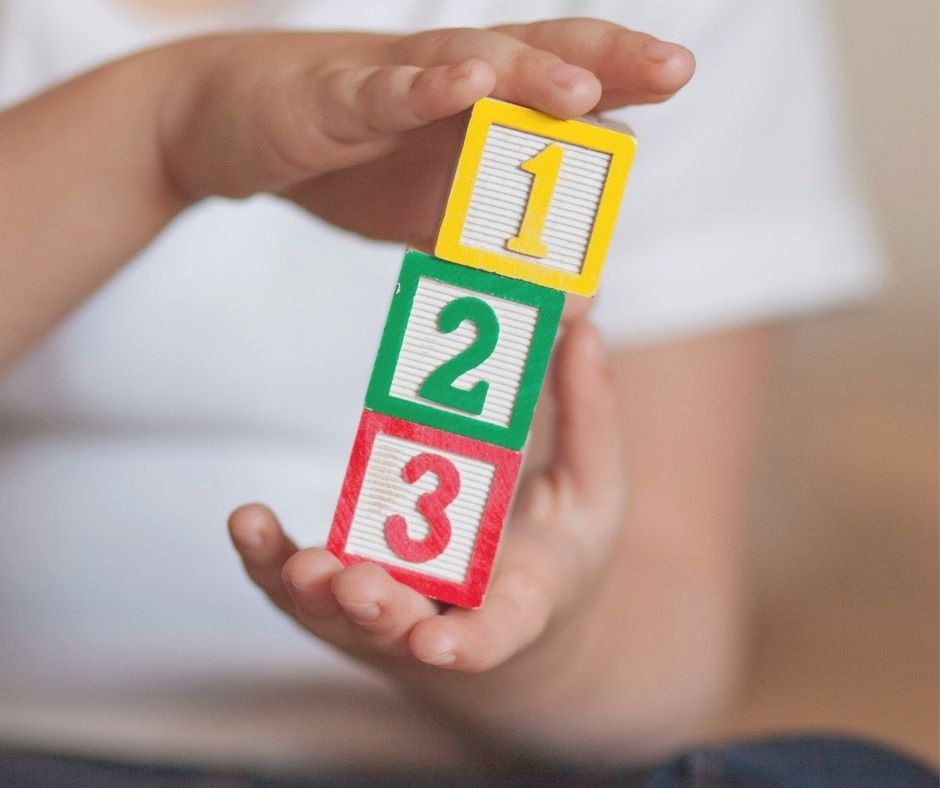We know that early literacy is important and a great indicator of future academic success, but there are many other benefits to young children reading and engaging with books, especially when doing so with a caring adult. Reading offers the opportunity for children and caregivers to experience several elements that strengthen their connection with each other.
The pure act of sitting close with a child while reading or even exploring pages with an infant or toddler builds beautiful bonds with them that will last a lifetime. Touch is one of our earliest sensations and when done in a safe and supportive way, can be comforting and rewarding to both children and parents. Create a warm and engaging space with soft items and furniture that promotes this closeness such as oversized chairs, large floor pillows or even a reading nook large enough for a child and adult.
By engaging in a specific book, caregivers remain present in the current moment and not pulled away by other distractions such as household tasks or electronic devices. Being present means allowing what the child is experiencing and feeling at that time in the story and accepting it without judgment or correction. Resist the urge to ensure each word is said just right every time, or that the pictures are interpreted according to what you may have read - allow children to imagine what they like and allow the story to evolve.
Along with being present, books offer a time to provide eye contact with your child, which also builds connection. To have eye contact means you are close enough to the child for them to know and feel seen and connected with their adult. Often when reading you are moving your eyes back and forth between the child and the book. This back and forth action, particularly for very young children and infants, allows them to practice experiencing attention and focus coming and going in a predictable way. It promotes a sense of security when caregivers can turn their attention away but will always be right back.
Finally, books add an element of playfulness to our time with children; mid-morning when taking in a quick story or during an evening routine while getting ready for bed, books can offer an enjoyable break from our sometimes hectic lives. Get “all-in” with stories and bring them to life for you and your child by making funny voices and sounds, acting out gestures and you can even extend the story through drawing or recreating scenes at home. Tap into your inner young child and allow yourself to reap the benefits of being playful in an adult world that is often too serious.
Remember, books can offer so many experiences to children beyond language and letter recognition. Parents and caregivers have the chance to use these times to intentionally build strong and healthy relationships that will support children many years to come.
/Logos/Horizontal%20Academic%20Logo%20for%20Light%20Backgrounds.png)
/Logos/Horizontal%20Academic%20Logo%20for%20Dark%20Backgrounds.png)



